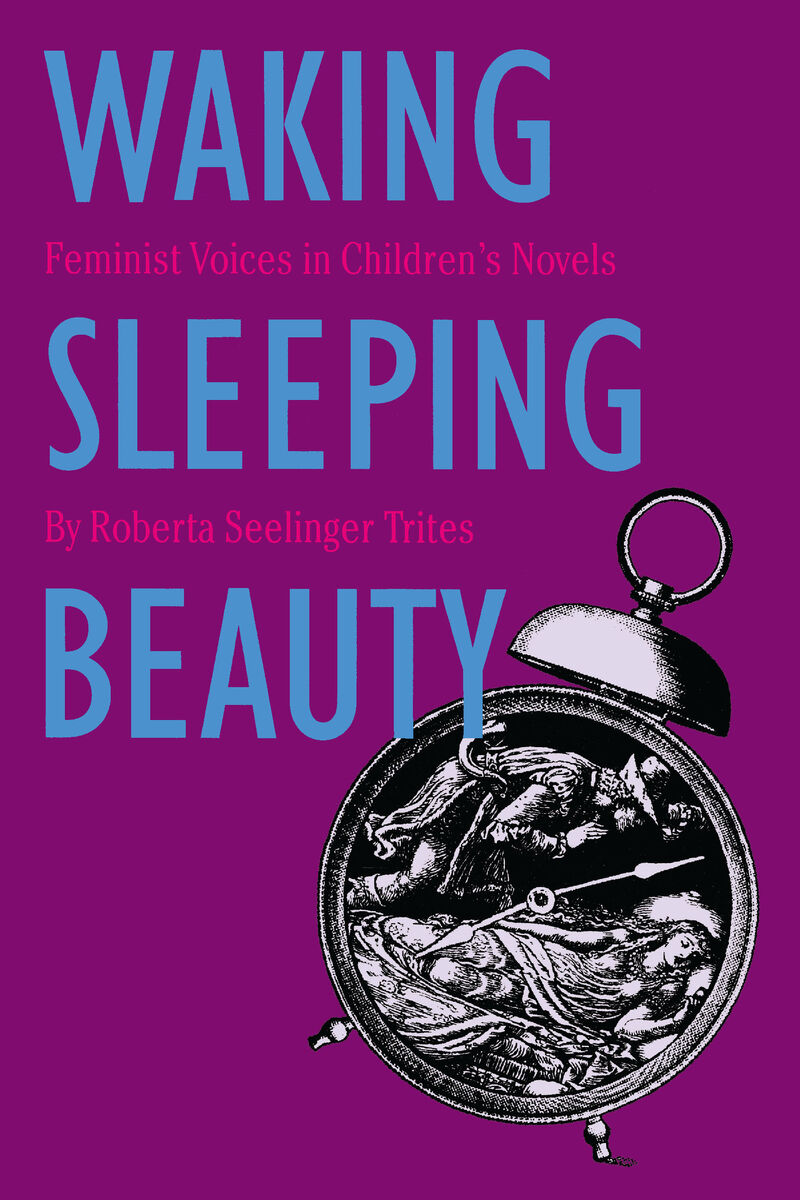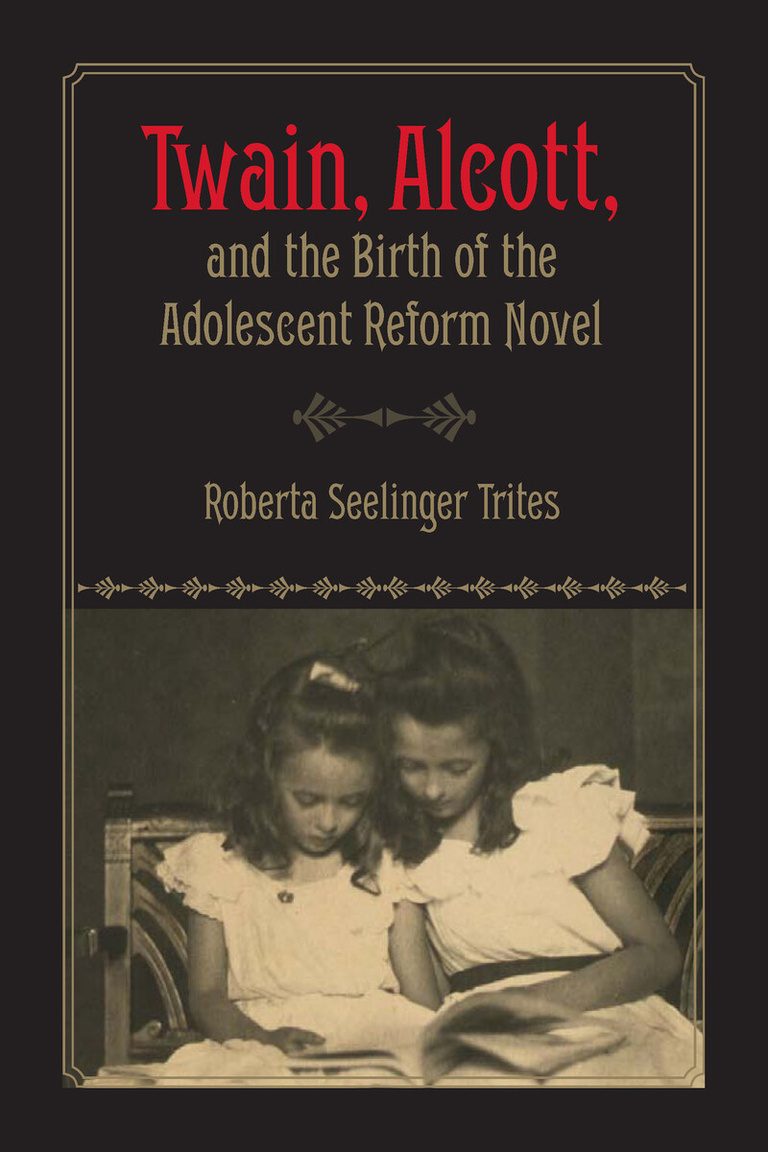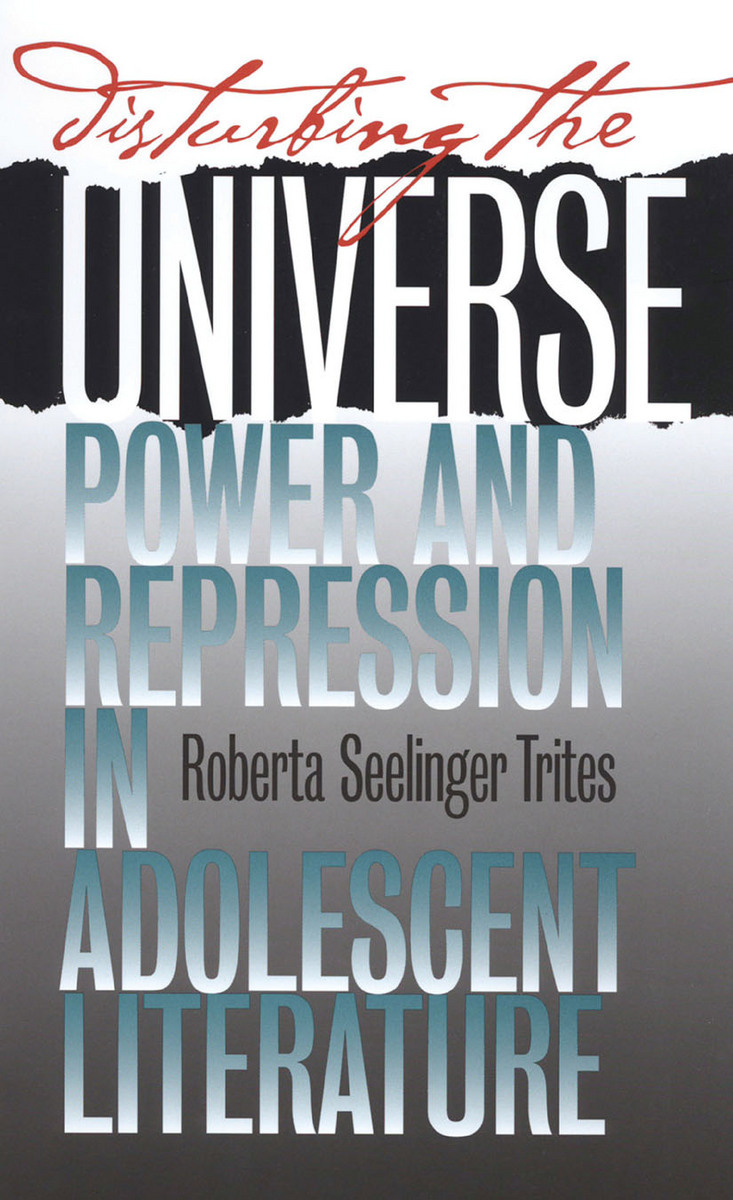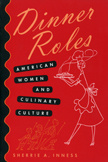The Sleeping Beauty in Roberta Seelinger Trites' intriguing text is no silent snoozer passively waiting for Prince Charming to energize her life. Instead she wakes up all by herself and sets out to redefine the meaning of “happily ever after.” Trites investigates the many ways that Sleeping Beauty's newfound voice has joined other strong female voices in feminist children's novels to generate equal potentials for all children.
Waking Sleeping Beauty explores issues of voice in a wide range of children's novels, including books by Virginia Hamilton, Patricia MacLachlan, and Cynthia Voight as well as many multicultural and international books. Far from being a limiting genre that praises females at the expense of males, the feminist children's novel seeks to communicate an inclusive vision of politics, gender, age, race, and class. By revising former stereotypes of children's literature and replacing them with more complete images of females in children's books, Trites encourages those involved with children's literature—teachers, students, writers, publishers, critics, librarian, booksellers, and parents—to be aware of the myriad possibilities of feminist expression.
Roberta Trites focuses on the positive aspects of feminism: on the ways females interact through family and community relationships, on the ways females have revised patriarchal images, and on the ways female writers use fictional constructs to transmit their ideologies to readers. She thus provides a framework that allows everyone who enters a classroom with a children's book in hand to recognize and communicate—with an optimistic, reality-based sense of “happily ever after”—the politics and the potential of that book.
A CHOICE Outstanding Academic Book
“…engaging and accessible, a strong contribution to the field of children's literature. Teachers—especially those who might at first resist feminism—should find this book helpful and enlightening. It's challenging without being threatening.”—Kathleen Chamberlain, Emory & Henry College
“…a rarity: scholarly, readable, consistently intelligent, and—although highly committed to its subject—well balanced and accessible. Trites achieves her twin aims of introducing newcomers to children's literature and to feminist theory, and of emphasizing that feminism is a positive force for children, with considerable panache.”—Peter Hunt, editor of The International Companion Encyclopedia of Children's Literature
“A study of the feminist elements in children's novels written during the past thirty years, Waking Sleeping Beauty is elegantly organized, theoretically sophisticated, but accessible to the nonspecialist reader. Trites' own voice speaks with a directness and a conviction unusual in academic writing. Thus her work should enlighten teachers, librarians, and parents as well as other feminist scholars and literary critics.”—Elizabeth Lennox Keyser, editor of Children's Literature
“Trites points out individual threads in the tapestry—threads we missed when we were just reading the story. She is at her best when she shows us the obvious in a story the reader knows. As a novice to feminist theory and text criticism, I needed support with the new concepts. Trites provides the scaffold of support for the novice, helping each of us into the discussion.”—R. Kay Moss, Illinois State University
“A persuasive blend of theoretical expertise and strong personal conviction, this introduction to feminist literary criticism offers new readings of classic children's books as well as glimpses of recent books on the multicultural horizon. Trites' argument for including feminist critique in the college classroom is irresistible.”—Lucy Rollin, Clemson University
1. Defining the Feminist Children's Novel
2. Subverting Stereotypes: Rejecting Traditional Gender Roles
3. Subjectivity as a Gender Issue: Metaphors and Intertextuality
4. Transforming Feminine Silence: Pro/claiming Female Voices
5. Re/constructing the Female Writer: Subjectivity in the Feminist Kunstlerroman
6. Female Interdependency: Literal and Metaphoric Sisterhood
7. Refuting Freud: Mother/Daughter Relationships
8. Metafiction and the Politics of Identity: Narrativity, Subjectivity, and Community
9. Afterword: Feminist Pedagogy and Children's Literature



